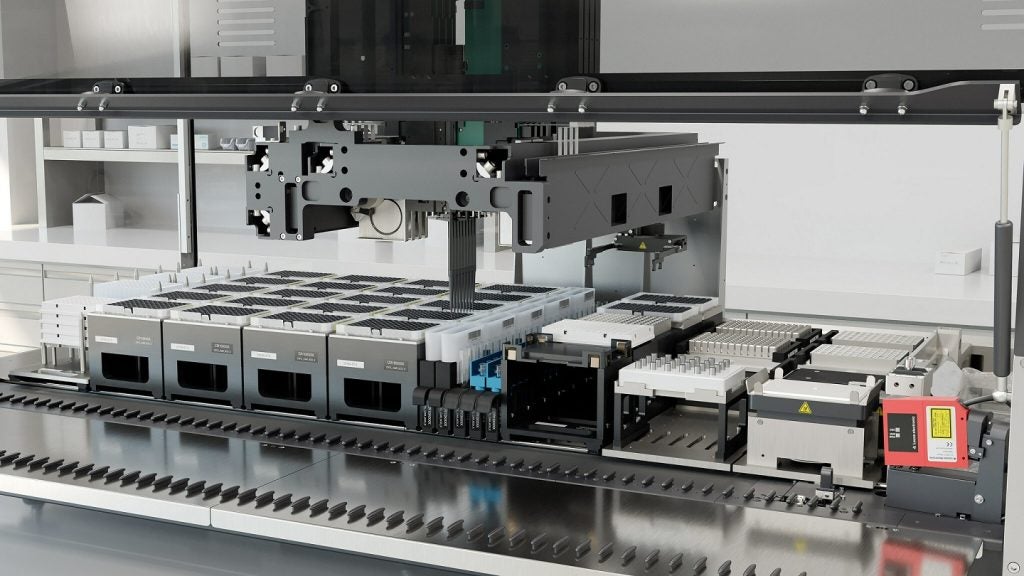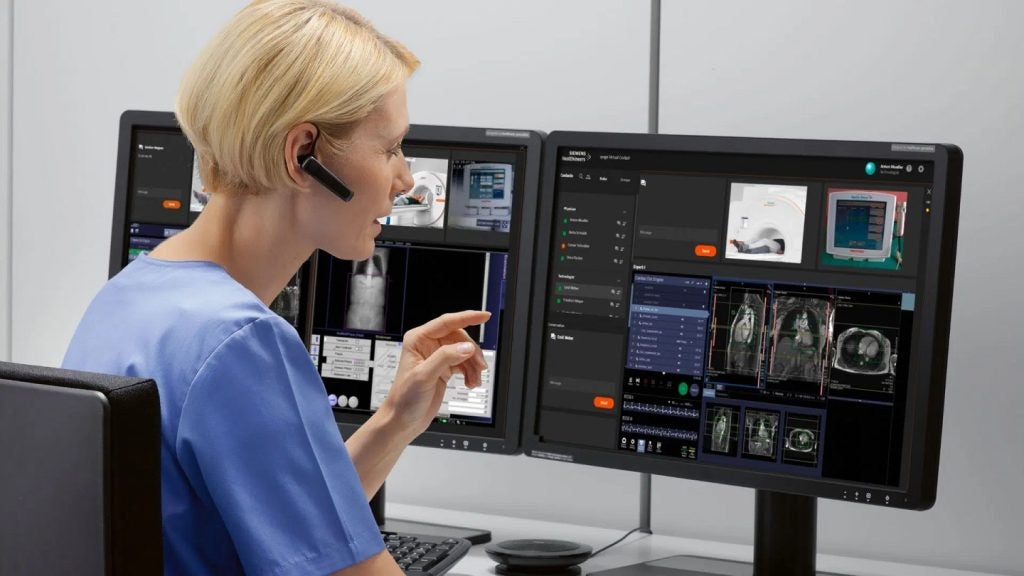Cambridge-based biotech CN Bio and Altis Biosystems have teamed up to combine in vitro ‘organ-on-a-chip’ systems – Altis’ RepliGut Planar-Jejunum model and CN Bio’s PhysioMimix liver on a chip.
CN Bio’s PhysioMimix liver-on-a-chip is a microphysiological system (MPS) that mimics the function of the human liver.
Altis contributes the RepliGut Planar-Jejunum model which focuses on the human gastrointestinal system. It uses donor intestinal stem cells to create a model that mimics the cellular lifecycle of the intestinal crypt, addressing the challenges associated with gut cell limitations.
The integration of these technologies creates a dual gut/liver model, aiming to improve the accuracy of in vitro drug testing, especially for oral drug administration. CN Bio and Altis’ collaboration aims to enhance the accuracy of absorption, distribution, metabolism, and excretion (ADME) of drugs in the human body.
In the announcement accompanying the partnership, CN Bio's lead scientist Yassen Abbas said: “At CN Bio, we strive to develop the most predictive and human-relevant assays possible - we recognise Altis is specialised in modelling the intestinal epithelium, so we anticipated working together would provide a unique opportunity.”
CN Bio is offering scientists the opportunity to try out the system through its ADME contract research services before it becomes widely available for use.
The systems are expected to eliminate the need for pre-clinical animal tests and cut down on drug development costs, potentially reducing the expenses of new therapies. Additionally, they have the potential to accelerate the drug development process and can be applied with patient-specific stem cells, paving the way for further progress in personalised medicine.
In July 2023, DLOC and 42 Technology joined forces to connect DLOC’s microfluidic biochips from existing projects and developed mammary, pancreatic, and renal biometric models to create an automated human-on-chip system.
In April 2023, Scientists at the University of Birmingham developed a ‘vein on a chip’ to identify the underlying mechanism of deep vein thrombosis (DVT), a condition that can be fatal. The research is funded by the National Centre for the 3Rs (NC3R), the British Heart Foundation and the Wellcome Trust.














